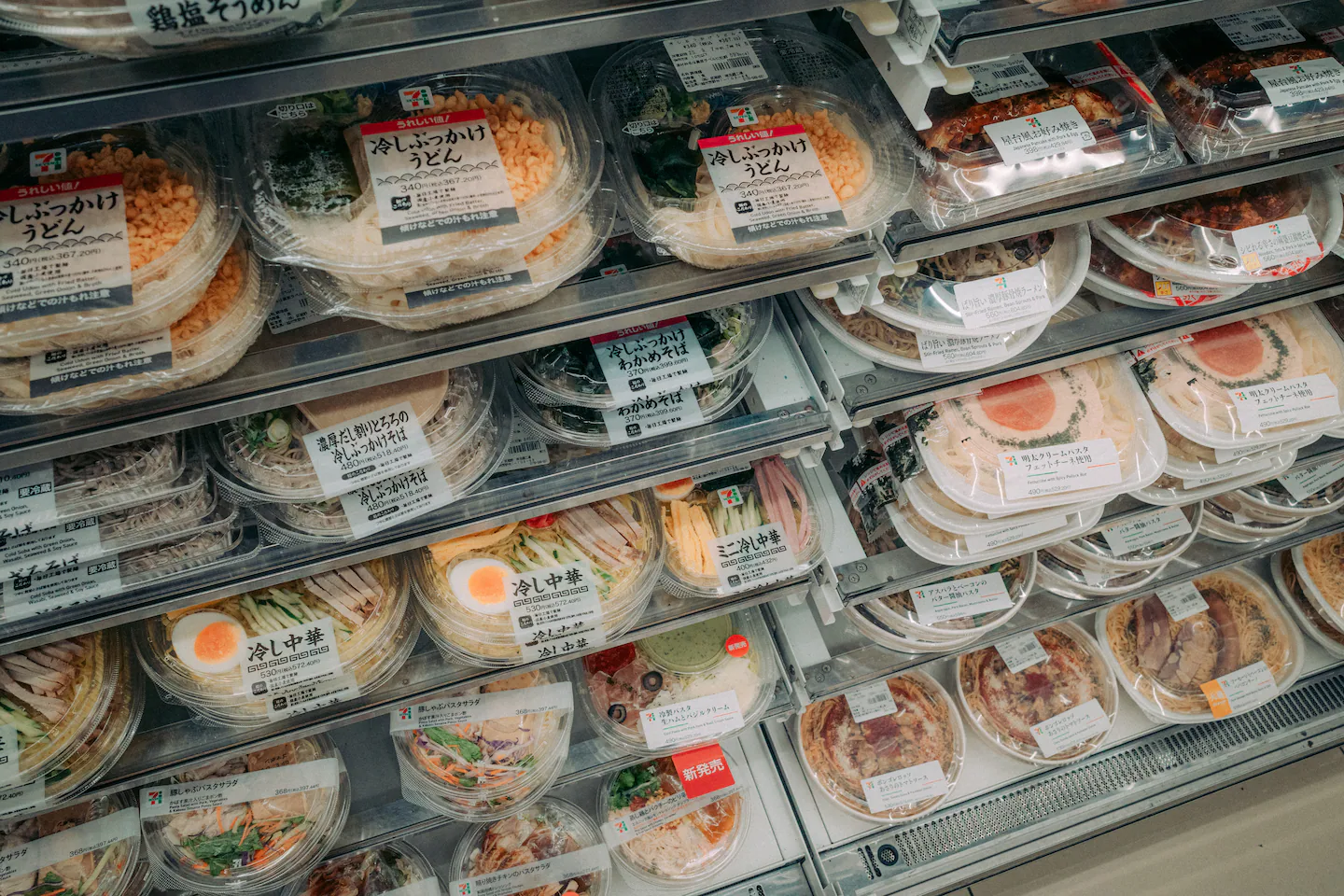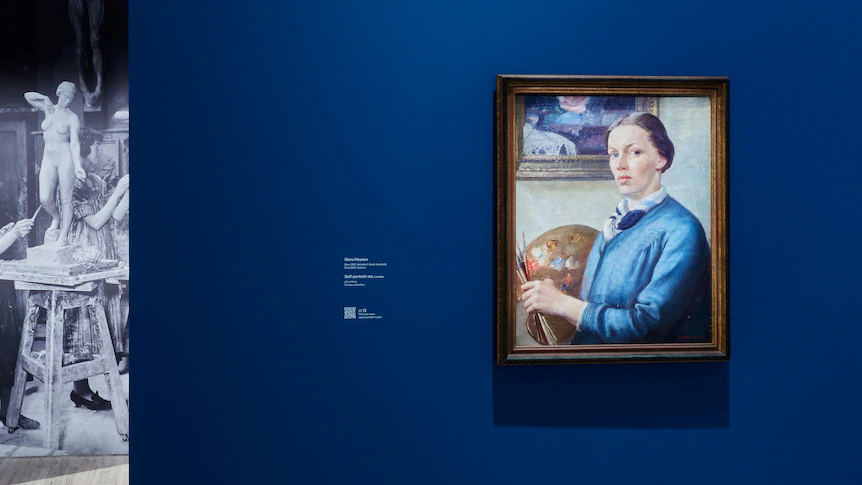Copyright The Boston Globe

KYOTO — My husband is a jazz musician who has toured many times in Japan. After a performance, his drummer friend would ask him where he wanted to go for dinner. Do you want ramen, he’d say, or konbini? By “konbini” he meant a convenience store, like 7-Eleven or Family Mart, which are open late and ubiquitous in Japan. And unlike 7-Elevens in the United States, where you’d be lucky to find a banana among the pre-packaged junk, konbini in Japan offer appealing full meals, so fresh their sell-by dates are listed by the hour. The late food critic Anthony Bourdain famously rhapsodized about the crustless egg salad sandwiches available at Japanese konbini, calling them “pillows of love.” Now, the CEO of 7-Eleven, facing a saturated market in Japan, wants to bring Japanese-style konbini to the United States. Stephen Dacus, on the job since July, has been tapped to execute the company’s ambitious expansion program, spending $13.6 billion over the next five years to redevelop its North American stores with konbini-level food and service. (Founded in 1927 in Dallas, 7-Eleven has been wholly owned by the Japanese conglomerate 7 & i Holdings since 2005.) If 7-Eleven’s corporate leaders want to beta test an American konbini, I can suggest a location: Allston. Full of students, artists, late-night denizens, and (with neighboring Brighton and Fenway) more Asians than live in Boston’s Chinatown, Allston residents would likely welcome konbini products, from onigiri rice balls to those iconic egg-salad “tamago sandos” (although the dried squid so popular there could be a stretch). Advertisement But a 7-Eleven in Japan is far more than a place to buy milk or lottery tickets. In the stores I visited in Tokyo and Kyoto this month, you could buy umbrellas and underwear, stationery or sake. You could pay an electric bill, top up a metro card, make photocopies, buy tickets to events, use the spotless bathrooms. You could order holiday cakes or sushi platters to pick up later or ship to clients. When they were on the road, my husband’s friend would drop off his drum set at a nearby 7-Eleven, and the instruments would be carefully sent to the next venue. And did I mention most stores are open 24 hours? And they deliver? This expansive concept of service is what my friend Merry White, a Japan scholar with whom I was traveling, dubs “compassionate convenience.” Japanese cities are not easy places to live: crowded, sprawling, difficult to navigate, full of elaborate rules and rituals even young hipsters still follow. Konbini anticipate their customers’ needs with unerring efficiency and civility. “It’s a way of dealing with the reality of Japanese society in all of these thoughtful ways that are also commercially viable,” said White, who has written several books on Japanese food and culture. Advertisement It’s tempting to see the rise of convenience stores in Japan as a creeping Western cultural influence. But the Japanese have made konbini their own. The stores have differing regional specialties, and the offerings are seasonal: In summer more cold drinks are on offer; in winter you can find hot Japanese fish stews or woolen socks. According to Harvard anthropologist Gavin Whitelaw, some konbini stock goods from local artisans or chefs. “It’s a wonderful full circle,” he said in an interview. If initially Japan hoped to emulate the American experience of convenience stores, “now it’s the Japanese model that has become beloved.” Whitelaw, director of the Reischauer Institute of Japanese Studies at Harvard, says konbini are recognized as part of Japan’s “social infrastructure,” along with banks, post offices, and local police stations. They are a kind of civic glue that hold communities together, with a cohesion that makes the “third place” concept touted by Starbucks seem flimsy by comparison. Grafting that experience onto an American consumerist culture that often prefers faceless online retail, from Amazon to Grubhub, Whitelaw said, “will be a hard row to hoe.” You can stock all the onigiri and green tea you want, but what can’t be imported is the value Japanese culture places on social harmony. Stores and streets are pristine because people carry home their trash. City bus drivers wear white gloves and bow to the passengers when their shifts change. Despite what corporate honchos may want to promote, and despite the longing many Americans who have visited Japan have for the level of quality and care they discovered, konbini in the United States are unlikely ever to be more than one-off, niche experiences. And that’s the inconvenient truth. Advertisement Renée Loth’s column appears regularly in the Globe.



